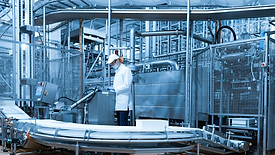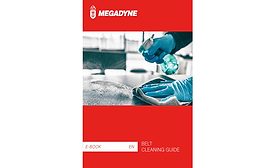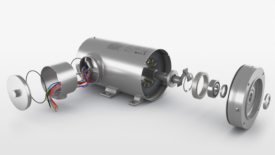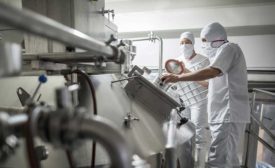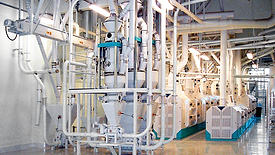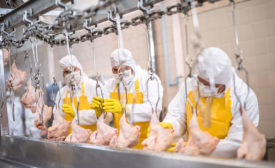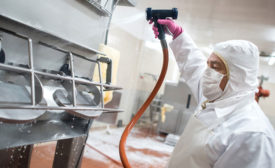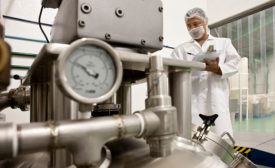Home » Keywords: » equipment
Items Tagged with 'equipment'
ARTICLES
Sponsored Content
Turn Food-Safety into a Competitive Advantage - Watch How in Ammeraal Beltech Exclusive video
November 22, 2024
Sponsored Content
How Belt Cleaning Impacts Food Safety: Explore Megadyne E-book on Best Practices
October 22, 2024
Designing for Greatness while Considering Total Cost of Ownership
The total cost of ownership, and not only the price tag, is critical to consider when evaluating the hygienic design of equipment
April 10, 2023
A Proactive Approach to Foreign Material Prevention and Detection
A robust risk assessment must be completed for each ingredient and processing step to reduce foreign material risks
April 21, 2022
Into the Wee Hours, Sanitation and Safety Keep Working Side by Side
Without improved controls, operational efficiencies used to reduce sanitation time will result in a higher risk to both food and worker safety
Read More
Never miss the latest news and trends driving the food safety industry
eNewsletter | Website | eMagazine
JOIN TODAY!Copyright ©2025. All Rights Reserved BNP Media.
Design, CMS, Hosting & Web Development :: ePublishing
